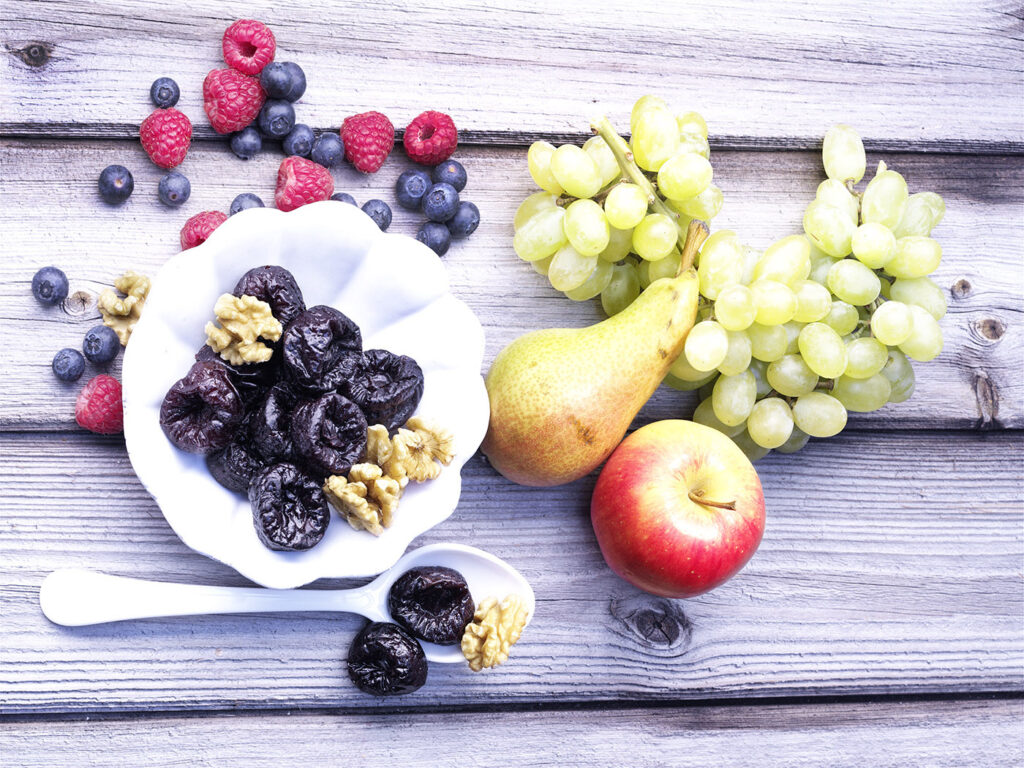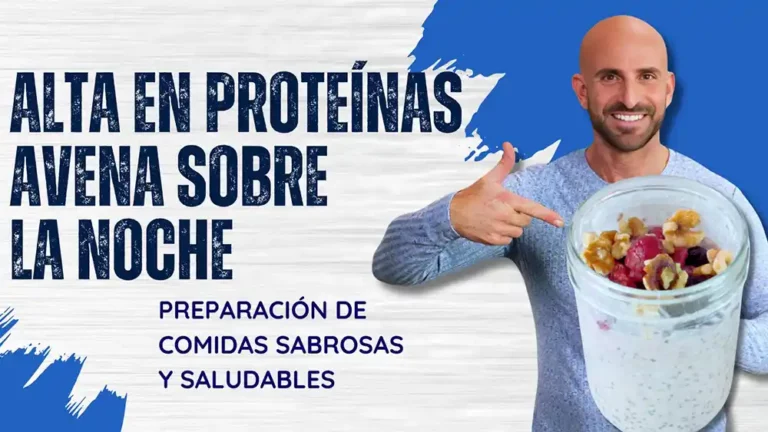
There are many vitamins and minerals that we obtain from food that work together in our bodies to keep them running. However, there are specific vitamins and minerals that work to keep our immune system strong and, without them, we could be at a bigger risk of getting sick. Let’s be clear: supplementing with no vitamin or mineral will cure any disease. In regards to COVID-19, no research supports that any supplement will protect you from the virus. Social distancing and good hygiene will be more beneficial.
That being said, there are vitamins and minerals that exists that help keep your immune system running and strong:
Vitamin C – Dare I say the most famous immunity vitamin. There are hundreds of products on the market for immunity that are Vitamin C-based. This is because there has been a lot of research that has proven Vitamin C’s role in immunity. For example, it has been shown to shorten and reduce the severity of upper respiratory tract infections and has been shown to help prevent the common cold, especially in people who are active. It is worth noting that the research shows the amount of Vitamin C you need to eat to get immunity benefits is much higher than the 60 mg/day RDA and closer to about 1000 mg, which is a safe amount to consume, but this means you need to eat a lot of fruits and vegetables to get the benefits. You can obtain Vitamin C from:
- Bell peppers – 200 mg per 1 cup serving
- Oranges – 120 mg per 1 cup serving
- Mangos – 60 mg per 1 cup serving
- Broccoli – 100 mg per 1 cup cooked serving
- Strawberries – 85 mg per 1 cup serving
Vitamin A – It has been shown that people with Vitamin A deficiencies have an impaired ability to fight off sicknesses. Vitamin A has also been proven to make mucus membranes in the body stronger. Mucus membranes are the structures in your eyes, nose and mouth that are the body’s first line of defense to keep harmful bacteria out of the body. The recommendation for Vitamin A is 900 mcg and 700 mcg per day for men and women, respectively and can be found mainly in orange fruits and vegetables in addition to other sources:
- Mangos – 112 mg per 1 whole mango
- Sweet potatoes – 1,403 mcg per 1 whole potato
- Carrots – 918 mg per 1 cup serving
- Spinach – 1,156 mg per 1 cup cooked serving
- Black-eyed Peas – 66 mg per 1 cup serving
Vitamin D – High school health has told us that Vitamin D is only good for bone health, but recent research has proven that its role in the body is so much more diverse. People deficient in Vitamin D have been shown to be at a greater risk for upper respiratory infections. Specific to COVID-19 is that some of the most severe cases were seen in people deficient in Vitamin D. Other studies have also shown that Vitamin D can strengthen the white blood cells in the body to be more effective at fighting off illness. The recommendation for adults for Vitamin D is 600 IUs and can be found in the following sources:
- Salmon – 526 IUs per 100 gram (3.5 ounces) serving
- Canned tuna – 268 IUs per can
- Milk – 115 IUs per 1 cup serving
- Egg yolks – 37 IUs per yolk
Selenium – Selenium is a little-known, but powerful mineral that works to strengthen the immune system. Some research has shown it to help the body defend against viruses. Not getting enough selenium is very rare as it is a mineral that can be found in a wide variety of foods. The recommendation for selenium is 55 mcg per day for adults, but be careful. Some sources of selenium, like brazil nuts, can be toxic if eaten too much or too often. The following are good sources:
- Brazil nuts – 544 mcg per 1 ounce (6-8 nuts) serving; **eat no more than 1 serving twice a week
- Fish – 50 mcg per 1 ounce serving
- Pork – 33 mcg per 3 ounce serving
- Eggs – 20 mcg per egg
- Brown rice – 19 mcg per 1 cup serving
Zinc – Zinc is one of the few nutrients that have been shown to help individuals that are already sick. It is used by clinical dietitians to help heal wounds, strengthen the immune system and has been shown to shorten hospital stays. The recommendations for zinc are 8 mg for women and 11 mg for men and pregnant women.
- Red meat – 4.8 mg per 3 ounce serving
- Cashews – 1.5 mg per 1 ounce serving
- Cheese – 3 mg per 3.5 ounce serving
- Beans and peas – 3 mg per 1 cup serving





